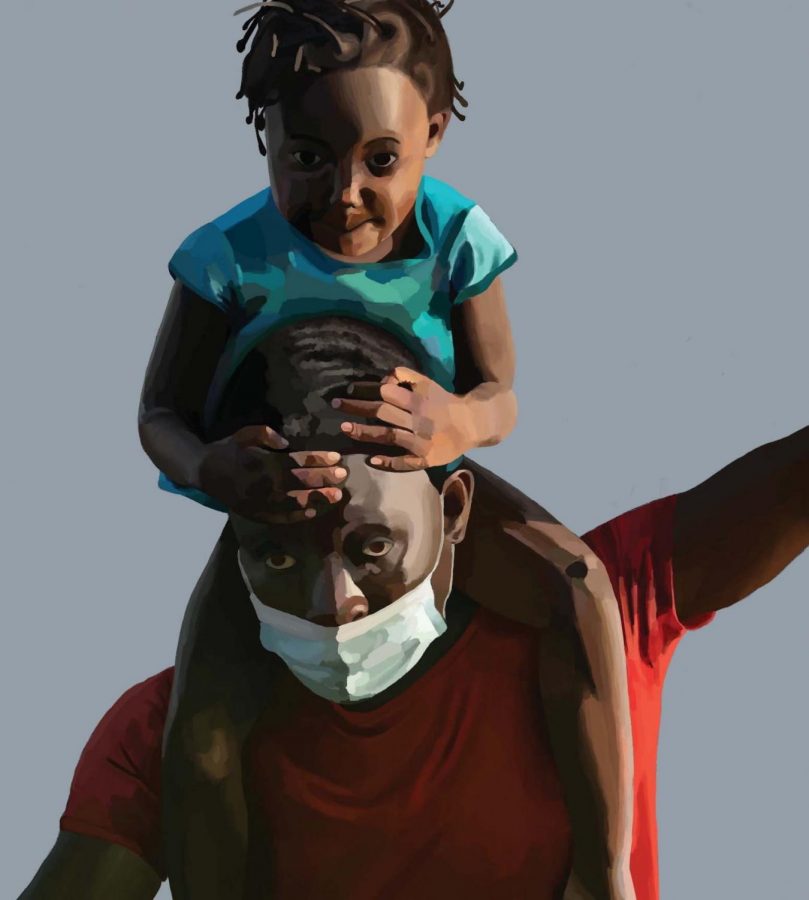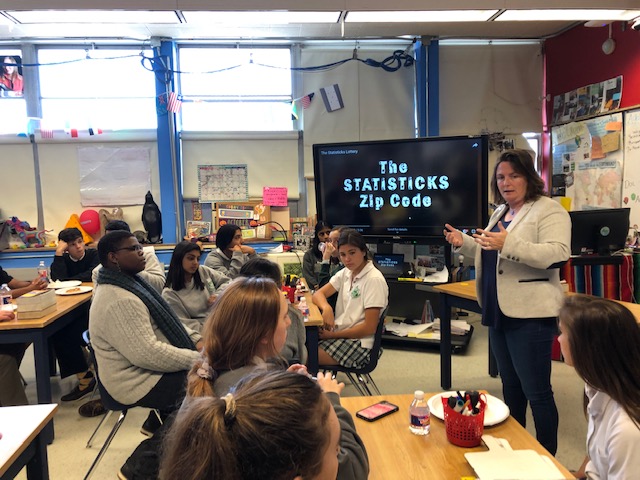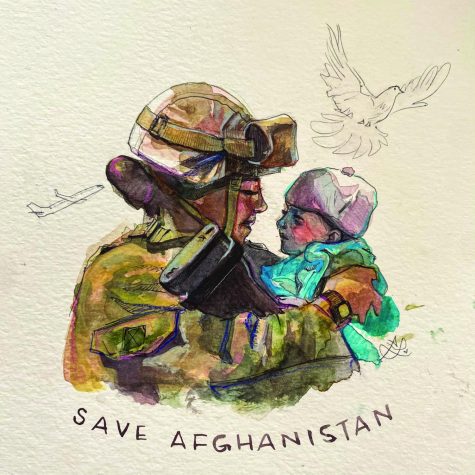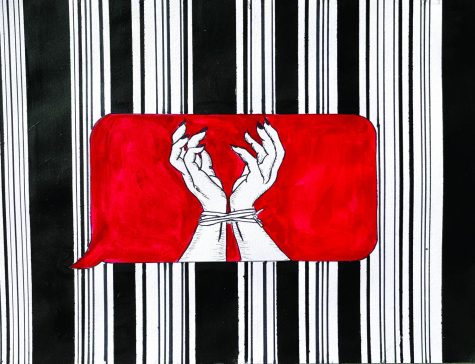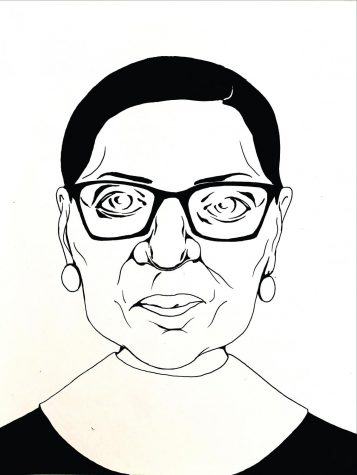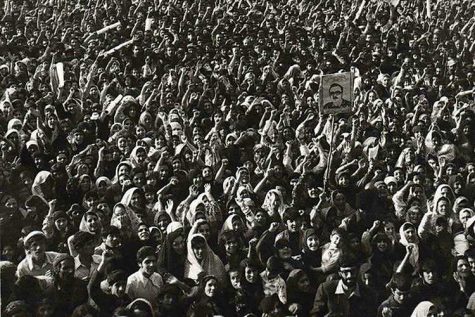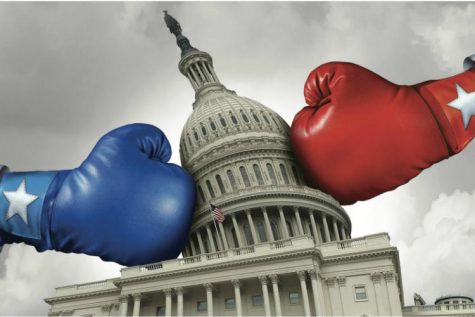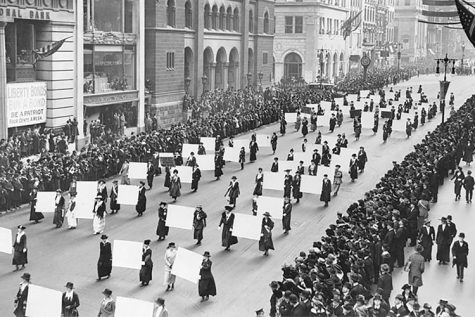The Haitian immigrant crisis in the U.S.
Families face serious dangers on journey to find safety
December 4, 2021
In recent months, the United States saw tens of thousands of Haitian refugees come in through the southern border. In July 2021 alone, Customs and Border Protection stopped over 212,000 migrants at the border, the highest in 21 years.
In August, Haiti was struck by a devastating earthquake, killing thousands and displacing even more. To only worsen matters, Jovenel Moise, Haiti’s former president, was assassinated in July. His death uprooted the country, causing major instability and poverty. Afterward, many Haitians migrated to the Texas-Mexico border because of poverty and political instability.
But people have been moving out of Haiti long before Moise’s death. After the 2010 earthquake, many Haitians emigrated to South America, especially Brazil, for job opportunities – the 2014 World Cup and 2016 Rio Olympics provided some money and comfort for struggling immigrants.
But Brazil was never the goal for most Haitians. The goal had always been the United States, where despite the pandemic, job opportunities were still much more abundant than in developing countries. However, the journey is perilous and taxing. The road from Brazil to the United States crosses through Columbia, Panama, Costa Rica, Nicaragua, Honduras, Guatemala, and Mexico. Much of the journey is completed by foot or with the help of smugglers.
The struggle of immigrant families was highlighted by Fiterson Janvier, who told BBC News that his family had “passed through 11 countries” on the road to America. Along the way, he said, they came across drug cartels, gangs, and bandits. Many of the women he traveled with were sexually assaulted by these groups, although Janvier’s wife and child had managed to hide.
Janvier’s hometown, Les Cayes, had been destroyed by a 7.2 magnitude earthquake in August, leaving his mother dead and his father disabled.
Janvier had been living in Brazil, but when asked about whether or not he would return to his homeland, he replied, “There is nothing for me there. If they’re going to send me back, they may as well just kill me.”
The shadow of drugs and trafficking loomed over the tired voyagers. Even though smugglers were the ones aiding them in their journey, the migrants faced abuse and extortion throughout the trip. The struggle only grew worse at the American border, where many Haitians were shown no mercy by the border officials.
Disturbing photographs of the struggle of the refugees circulated around social media, but one scene was spotlighted – a man on horseback chasing after the starving Haitians with a whip in his hand. These pictures were taken by America’s southern border and angered many US citizens. Many began to question President Joe Biden’s tactics in approaching the migrant crisis, while others asked why this kind of dehumanizing abuse was still allowed to happen in the United States.
Even after toiling to reach America, there is still no peace to be found for the Haitians. The Title 42 Act, which allows the government to deny people from disease-ridden countries access to America, began to deport many refugees. This undermined the idea of asylum; many of them had come to escape the hardships of Haiti. President Biden revised the Title 42 Act, which was originally set in place by former President Donald Trump so that it would only deport single men, allowing families to stay in the country.
Texas has seen many of these migrants move to metropolitan areas. Although cities such as Houston and El Paso receive more refugees than Dallas does, there are still ways Hockaday students can aid the migrants. UNICEF USA is taking donations to help impoverished children and families in Haiti, while Houston Haitians United set up transitional centers for Haitians. Their organization requires volunteers to help out with registration, organization and providing food.
The outrage the mistreatment of Haitian refugees sparked across America is only the first step in bringing them justice. Hockaday students can help the migrants by donating to causes that help them and raising awareness – the more people that are aware of the plight of the Haitians, the more change we can inspire.


